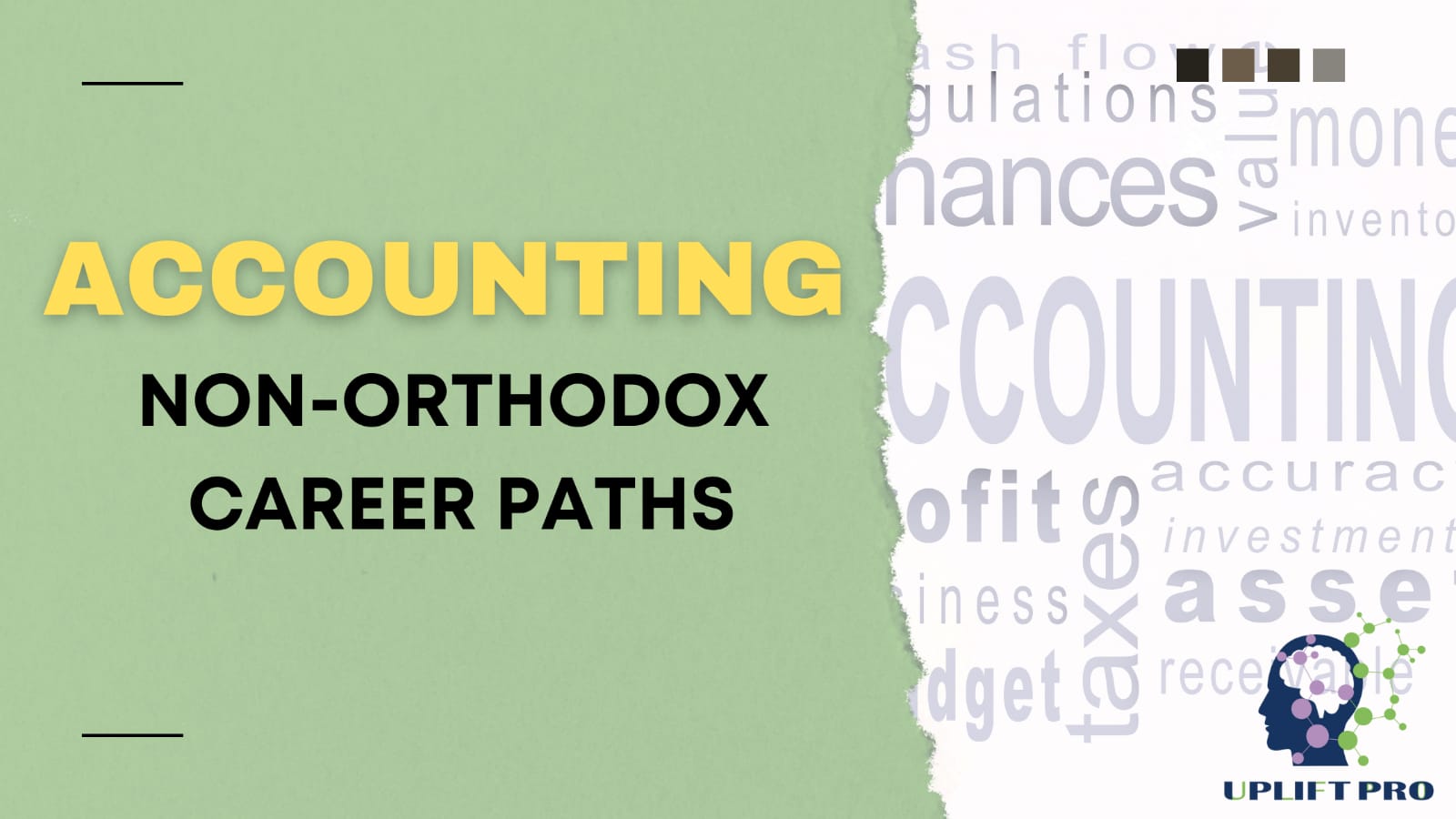How Enrolled Agent (EA) Certification Can Uplift Your Taxation Career?
Becoming an Enrolled Agent (EA) can significantly uplift your career in taxation in several impactful ways. Here’s how: 1. Expertise Recognition: As an EA, you’re recognised as a tax expert by the Internal Revenue Service (IRS). This certification confirms your expertise in the field of taxation, making you a trusted professional in handling various tax […]


